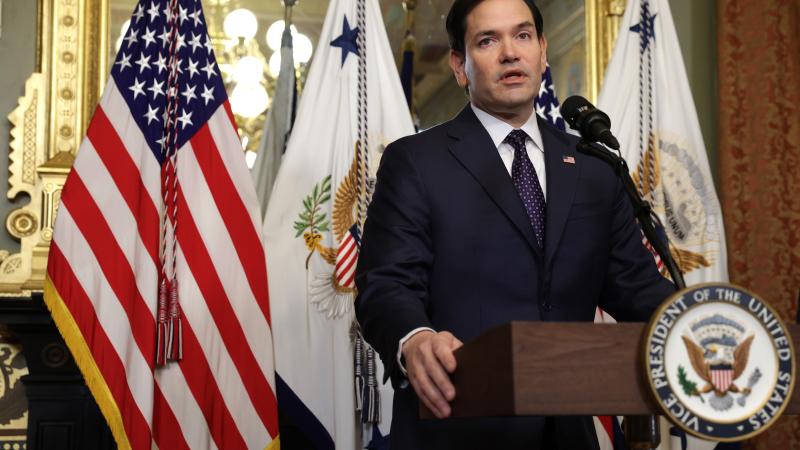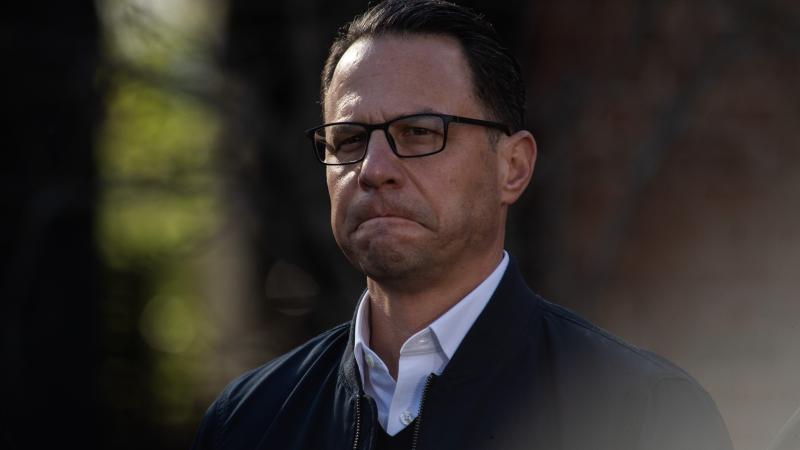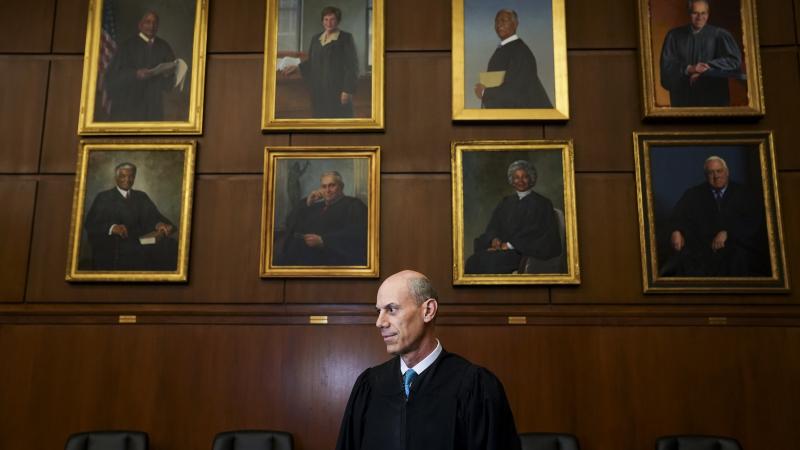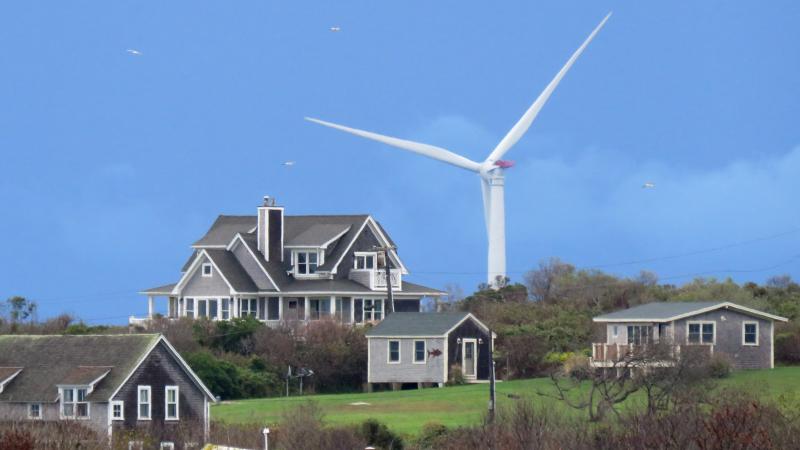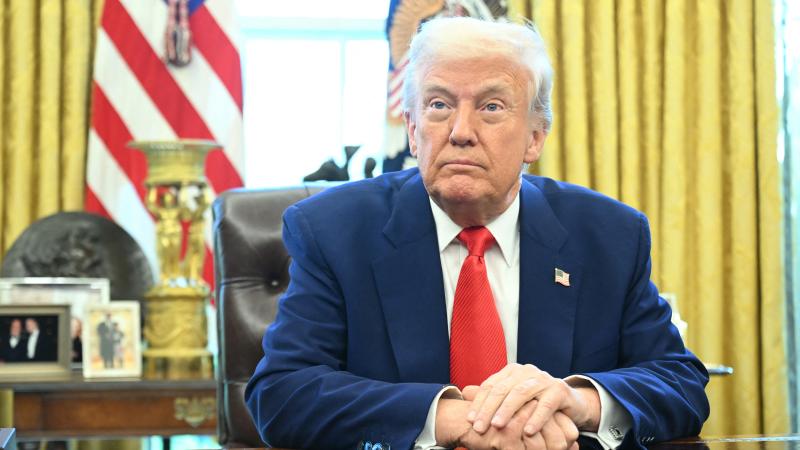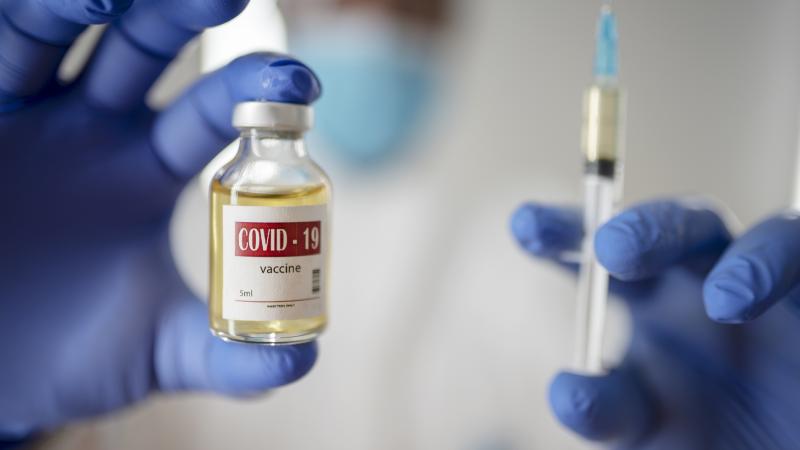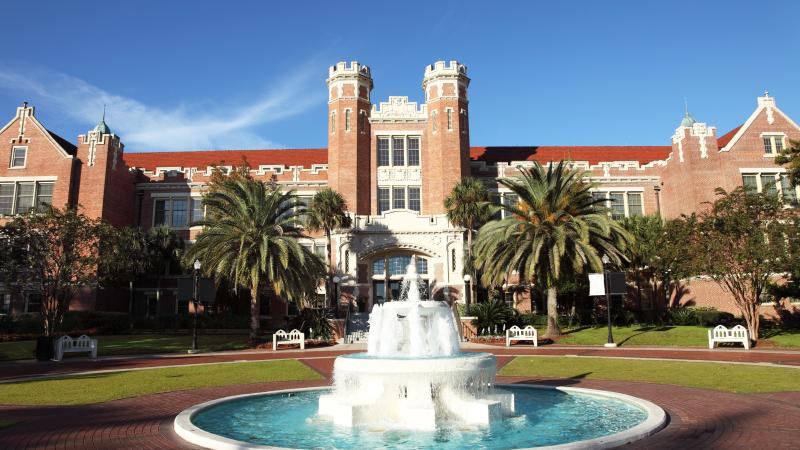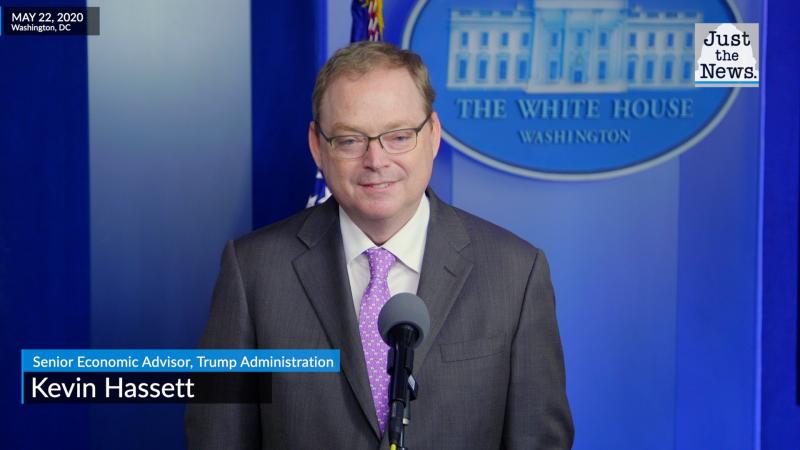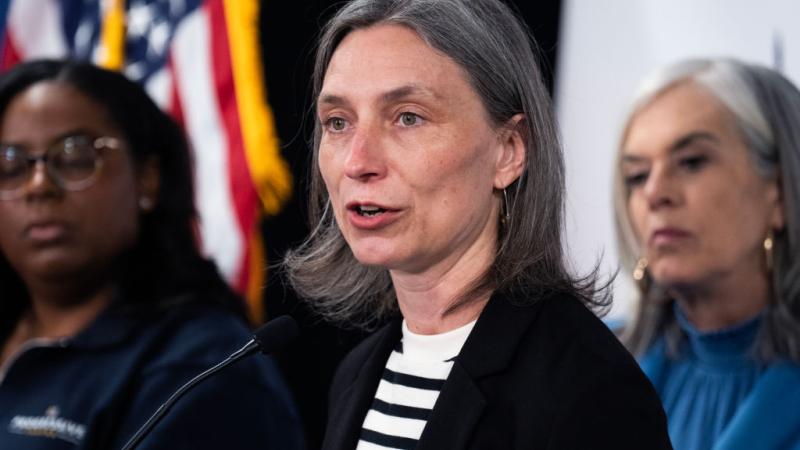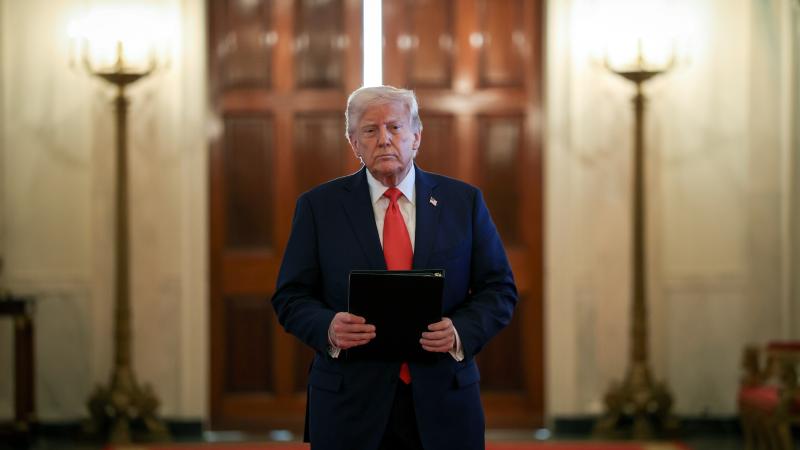Pompeo, leaders at world summit see low turnout in Iran presidential election as 'winds of change'
Former National Security Advisor Bolton, an MEK supporter, called for U.S to 'overthrow the regime in Iran'
Globally, more people than ever will have casted ballots by the time this year draws to a close. But it was the unusually small number of voters who went to the polls in Iran that fired up waves of speeches and tributes at the international headquarters of the People’s Mojahedin Organization of Iran (MEK).
The 21st edition of the Free Iran Summit in Paris attracted strong statements of support from a long roll call of high-profile supporters that included former Vice President Mike Pence.
“Why am I here?” Pence asked the crowd in Paris as well as participants in Germany and Albania tuning in via video link. “I am here because I want everyone to know the winds of change in Iran are blowing stronger than ever. It has never been as clear in my 20 years of public service that Iran will someday be free.”
Elections were held in Iran on Friday for a replacement for Iranian President Ebrahim Raisi, who died in a helicopter accident in May. But the vote was marred by low turnout – official estimates say only 40 percent of eligible voters cast ballots, the lowest on record. The National Council of Resistance of Iran (NCRI) says its sources in the country showed that just 12% of those who could vote did.
Participants at the Free Iran event said that the anemic turnout levels showed the patience among Iranians for the leadership of Supreme Leader Ali Khamenei.
“The low turnout and [high number of] ruined ballots illustrate the declining social base of the regime in Iran,” Maryam Rajavi, president-elect of the NCRI and the host of the summit. “Darker days lie ahead for the clerical regime.”
In her opening remarks at the summit, Rajavi was interrupted multiple times by chants from the crowd of about 1,000 in Paris repeating “Iran! Freedom! Maryam!”
In addition to the crowd in Paris, tens-of-thousands of protesters wearing yellow and carrying Iranian flags marched through the streets of Berlin, while thousands more tuned in from MEK’s Ashraf-3 base in Albania.
In addition to Rajavi and Pence, the dignitaries in Paris expressing their support at the summit included former U.S. Secretary of State Mike Pompeo; Stephen Harper, the former prime minister of Canada; former U.S. National Security Advisors John Bolton and General James Jones; Liz Truss, former U.K. prime minister; former Italian Prime Minister Matteo Renzi, as well as former heads of governments from Andorra, Belgium, Bolivia, Ecuador, Estonia, Iceland, Ireland, Kosovo, and Romania; in addition to an array former and sitting U.S senators, representatives, and judges.
MEK sees itself as a government in exile for Iran, with Rajavi prepared to step into an interim role to lead the country until democratic elections can be held. Rajavi has developed a 10-point plan for that phase designed to end clerical rule in the country, guarantee freedom of speech and assembly, and the separation of church and state. Rajavi’s plan was praised by multiple speakers at the summit.
In his remarks, Pompeo, a long-time supporter of MEK, recalled his days as a U.S. young officer in West Berlin just before the fall of the Berlin Wall.
“As the saying goes, change comes slowly, then all at once,” Pompeo said, drawing a parallel between the fall of communism and what he predicted would be the fall of the Khamenei regime in Iran. “I’m convinced that in our lifetimes we will see change in Tehran as we did in Berlin.”
Bolton, another veteran supporter of MEK, called for the U.S. to do more to overthrow the Khamenei government and he predicted it was already starting to crumble.
“It should be the declared objective of the government of the United States to overthrow the regime in Iran,” he said. “Khamenei is old with no succession plan ... and his support is falling.”
After many of the speakers, chanting in Paris broke out repeating, "Thanks to you! Thanks to you!"
Amid the low turnout for the Iran vote, none of the candidates to replace Raisi managed to reach the 50% threshold required for an outright victory. That means reformist Masoud Pezeshkian, who won 42.2% of the votes cast, and cleric and former nuclear negotiator Saeed Jalili, who received 38.6%, will compete in a run-off vote to be held on Friday, July 5.
Iran is one of at least 75 countries that have held or are expected to hold national elections in 2024. All told, more than half of the people in the world live in countries that will have cast ballots by the time the year draws to a close.
Harper, the former Canadian prime minister, supported the MEK and NCRI role in a post-clerical government in Iran.
“What do people think would happen if the Iranian regime collapsed?” Harper asked. “The government in Iran is a cancer and the only cure is regime change. The alternative is not chaos, it is the NCRI.”
Italy’s Renzi said he was confident regime change was coming in Iran.
“I am here to repeat that we believe it is possible for everyone to fight for a free Iran, as described in the ten-point plan,” he said. “We believe a free Iran is a moral obligation.”
The Facts Inside Our Reporter's Notebook
Links
- Iranian President Ebrahim Raisi, who died in a helicopter accident in May
- official estimates say only 40 percent of eligible voters cast ballots
- just 12 percent of those who could vote did
- Rajavi has developed a ten-point plan
- Pompeo, a long-time supporter of MEK
- none of the candidates to replace Raisi managed to reach the 50-percent threshold
- more than half of the people in the world live in countries that will have cast ballots

